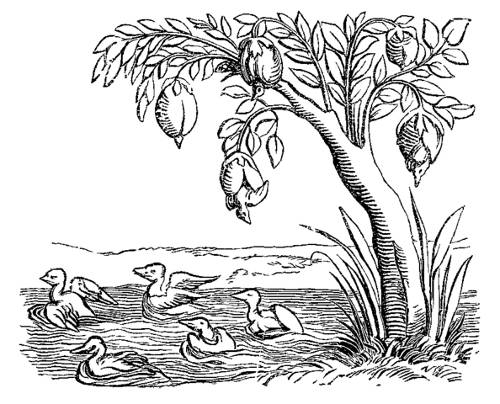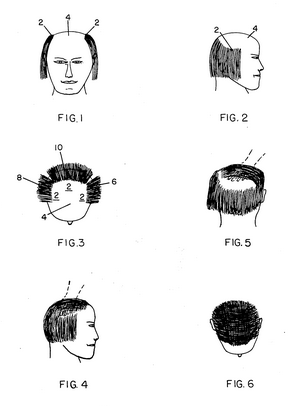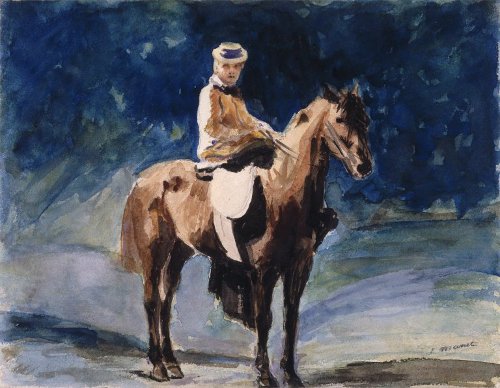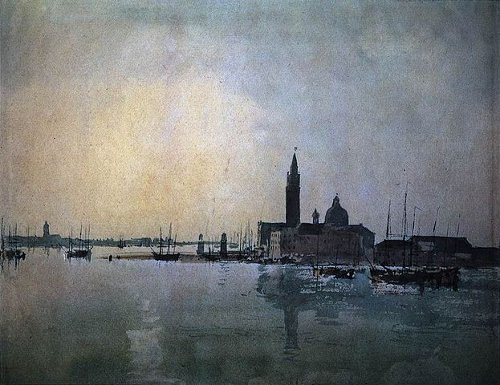
anatiferous
adj. producing ducks or geese
A deservedly rare word; it arises from the medieval belief that the barnacle goose (Branta leucopsis) grew underwater, emerging from barnacles that fell from trees. In his Topographia Hibernica of 1188, Welsh monk Giraldus Cambrensis wrote:
There are likewise here many birds called barnacles,(barnacle geese) which nature produces in a wonderful manner, out of her ordinary course. They resemble the marsh-geese, but are smaller. Being at first, gummy excrescenses from pine-beams floating on the waters, and then enclosed in shells to secure their free growth, they hang by their beaks, like seaweeds attached to the timber. Being in progress of time well covered with feathers, they either fall into the water or take their flight in the free air, their nourishment and growth being supplied, while they are bred in this very unaccountable and curious manner, from the juices of the wood in the sea-water. I have often seen with my own eyes more than a thousand minute embryos of birds of this species on the seashore, hanging from one piece of timber, covered with shells, and, already formed.
Apparently the belief arose because these geese were never seen to nest like other birds; it was not yet understood that birds migrate.



